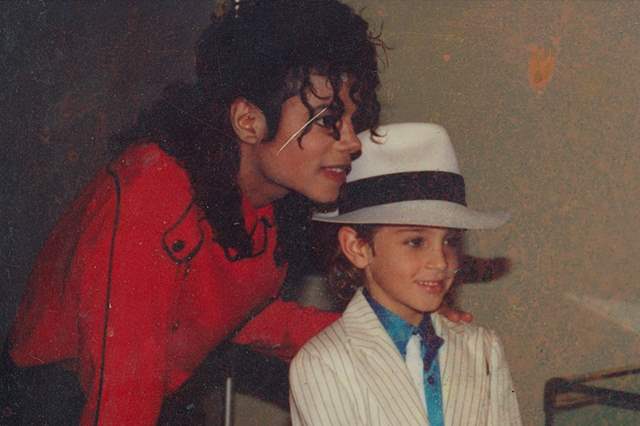The Legal Battle Over 'Michael Jackson' Documentary at HBO May Wind Up at the Supreme Court
The whole 'sex abuse' fiasco may just have been the beginning.
Published: Friday,Aug 30, 2019 16:38 PM GMT-06:00

The whole saga surrounding the documentary about two individuals who allege that they were the victims of child sex abuse at the hand os Michael Jackson continues to get messier. The documentary called Leaving Neverland made waves with the revelations made in the documentary but also caused some legal trouble.
According to a report in The Hollywood Reporter, the first thing to recognize about the lawsuit filed on Feb. 21 by the Michael Jackson Estate is that it was quite atypical from the get-go and has only grown more curious in the months since. But the case also could represent a harbinger of what's to come given the rise of #metoo, the prevalence of arbitration in Corporate America, and the way in which federal courts are sometimes wrestling with procedure in First Amendment disputes.
Those who run the late pop star's business affairs believe Leaving Neverland unfairly tarnished Michael Jackson's legacy and to litigate the issue, they are seizing upon a 1992 contract that provided the pay network with rights to air a televised concert following the release of Jackson's album Dangerous. That more than quarter-century-old agreement also included a non-disparagement clause as well as an arbitration provision, which to borrow the assessment of HBO's lawyer, has the potential to become "a perpetual platform to police HBO's speech."
When it comes to whether arbitration agreements govern a dispute, and whether a judge or arbitrator gets to decide the issue of jurisdiction, the Michael Jackson Estate and HBO are certainly not the first to battle over such a topic. What makes this situation particularly unique rather is the manner in which the Leaving Neverland case has journeyed, beginning from the way that the Michael Jackson Estate attempted to compel arbitration.
Usually, when someone wants arbitration, they privately submit a demand before an alternative dispute resolution forum like JAMS or the American Arbitration Association. Resistance from the other side may mean going to court to force compliance with an arbitration agreement.
In this instance, the Michael Jackson Estate wanted to make as much noise as possible as HBO prepared to broadcast Leaving Neverland. So days before the documentary aired, a petition in public court was filed that aimed to get HBO into arbitration. But notably, the court filing became a PR weapon against the documentary. Although the Michael Jackson Estate needn't have gone so far, the petition included substantial detail about the claims that would be brought once the two sides were engaged in arbitration. In many ways, the petition resembled the kind of complaint one sees at the beginning of a lawsuit in open court. But again, the Michael Jackson Estate really was just asking a judge to compel arbitration, not resolve whether HBO had breached the 1992 contract. To make this situation even odder, a lawyer for the Michael Jackson Estate was telling the press they wanted an arbitration "open to the public for all to see," a wild departure from the usual hush-hush nature of what happens at JAMS.
For months, the parties explored the gateway issue of arbitrability.
Then, U.S. District Court Judge George H. Wu made his own weird move. Specifically, the judge invited briefing on the issue of whether compelling arbitration over Leaving Neverland would infringe HBO's constitutional rights. The judge nudged HBO to file a motion to strike the Michael Jackson Estate's petition under California's SLAPP statute. At a July 15 hearing, Wu wondered out loud why HBO hadn't taken his earlier wink-wink. "I was too subtle last time," he said. "And they just didn't appreciate the gem that was in their mine. They had the stone and they just threw it back and went on forward and kept digging."
So taking the judge's cue, HBO indeed moved forward with an anti-SLAPP motion.
In advance of a hearing on Sept. 19, days before the Emmy Awards, one last thing needs to be noted that is not in either of the briefs.
California's SLAPP law provides an automatic right to an immediate appeal. Meaning, no matter what Wu decides, there's a pretty good chance that the case goes up to the 9th Circuit and maybe eventually the Supreme Court before the two sides would actually settle in for the prospective "open" arbitration.
Your reaction
 Nice
Nice Awesome
Awesome Loved
Loved LOL
LOL OMG
OMG Cry
Cry Fail
Fail














Comments (0)